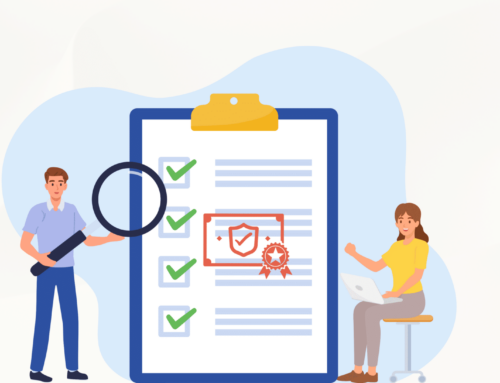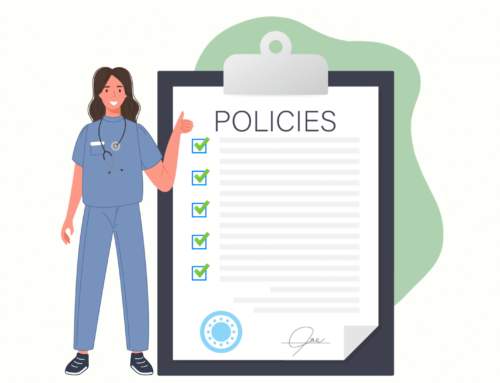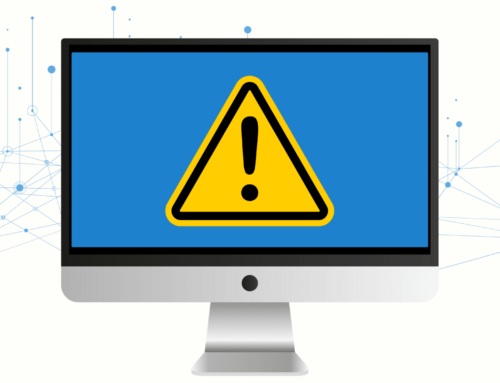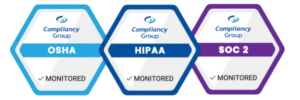
As the healthcare industry rapidly evolves, healthcare compliance readiness has become a critical concern for organizations across the landscape. With regulations continuously changing and new risks emerging, healthcare providers need to prioritize their approach to healthcare compliance monitoring. We’ll explore the importance of healthcare compliance readiness and how organizations can proactively address its challenges.
Understanding Healthcare Compliance Readiness: What You Need to Know
Healthcare compliance readiness refers to an organization’s ability to meet regulatory requirements and safeguard patients’ protected health information (PHI). It involves implementing policies, procedures, and technologies that ensure adherence to legal obligations while promoting patient safety and privacy.
By investing in healthcare compliance readiness, organizations can mitigate:
- Fraud
- Data Breaches
- Non-Compliance Penalties
Anticipating Future Requirements: Being Aware & Prepared
One key aspect of healthcare compliance readiness is proactively anticipating future requirements. Rather than waiting for new regulations to be enforced, organizations should take a proactive approach by closely monitoring industry trends and staying informed about potential changes.
This enables them to make necessary policy, procedure, and workflow adjustments well in advance, reducing the likelihood of non-compliance issues arising.
Once future requirements are identified, organizations must implement necessary changes to ensure healthcare compliance readiness.
This may involve:
- Updating Technology Systems
- Revising Policies & Procedures
- Providing Additional Training to Staff
Organizations can avoid last-minute scrambles and ensure a smooth transition when new regulations arise by taking action early on.
The Role of Compliance Monitoring in Healthcare: Maintaining the Standard
Effective compliance monitoring in healthcare is another crucial component of healthcare compliance readiness. It involves regularly assessing an organization’s adherence to regulatory requirements through:
- Audits
- Reviews
- Assessments
By conducting internal audits and implementing robust monitoring processes, organizations can identify any gaps or areas that require improvement. Regular healthcare compliance monitoring allows for the timely identification and resolution of compliance issues before they escalate into significant problems.
Adjustments to Avoid Falling Behind: Staying Ahead of the Curve
The healthcare industry is forever changing and growing, with new technologies and innovative treatment approaches constantly emerging. Organizations must stay up-to-date with these advancements and adjust their practices accordingly to remain compliant. For example, electronic health record (EHR) systems have become commonplace in modern healthcare settings.
Providers must ensure their EHR systems are:
- Configured Properly
- Data is Accurately Recorded
- Patient Privacy is Protected in Accordance with Regulatory Standards
Organizations can avoid falling behind and maintain compliance by staying agile and adapting to changes promptly.
Fostering a Culture of Compliance: Instilling Responsibility & Accountability
Healthcare compliance readiness goes beyond just meeting regulatory requirements; it requires fostering a culture of compliance throughout the organization. This involves instilling a sense of responsibility and accountability among all staff members, from frontline healthcare providers to administrative personnel.
This starts with leadership setting a strong example and ensuring employees understand the importance of adhering to rules and regulations. Education and training programs should be provided regularly to keep staff up-to-date on changing requirements and best practices. Organizations can reduce the likelihood of misconduct by creating a culture where everyone feels responsible for maintaining compliance.
Leveraging Technology Effectively: Streamline, Automate, & Provide
Technology plays a vital role in healthcare compliance readiness and monitoring. It can:
- Streamline Processes
- Automate Routine Tasks
- Provide Real-Time Monitoring Capabilities
Healthcare organizations should leverage technology effectively by implementing robust compliance management systems that facilitate:
- Tracking
- Reporting
- Auditing
These systems can help identify trends or patterns that may indicate potential non-compliance issues before they escalate.
Promoting Collaboration & Communication for Effective Healthcare Compliance Readiness
Effective collaboration and communication are crucial for healthcare compliance readiness. Compliance officers should work closely with various departments within an organization to ensure everyone understands their regulatory compliance roles and responsibilities. Open lines of communication between different stakeholders to promote transparency and enable prompt resolution of any compliance-related concerns or questions that may arise.
Healthcare organizations must always be prepared for future challenges regarding healthcare compliance readiness. They should regularly review their existing policies and procedures, update them as needed based on industry changes or new regulations, and adapt their strategies accordingly. Embracing continuous improvement ensures that organizations remain compliant today and in the years to come.
In an increasingly complex healthcare environment, healthcare compliance readiness is no longer optional; it is essential for organizations seeking sustainable growth and success. By prioritizing compliance monitoring, fostering a culture of compliance, leveraging technology effectively, promoting collaboration and communication, and preparing for the future, healthcare providers can navigate regulatory challenges with confidence. Embracing healthcare compliance readiness protects patients’ rights and safeguards an organization’s reputation in an ever-evolving industry.
Are you looking for a solution for healthcare compliance? Compliancy Group can help! Our software has everything you need for compliance: templated policies and procedures, risk assessments, comprehensive training for your entire staff, vendor management, incident reporting, and more. No matter your needs, our software provides guided action items to meet your requirements with ease.
Solve healthcare compliance challenges quickly and confidently with simplified software. Remove the complexities and stress of compliance, increase patient loyalty and the profitability of your business, and reduce risk. Endorsed by top medical associations, clients can be confident in their compliance program.








